Health Scientist (Data Scientist), CDC
Category : Alumni
Closing soon!
Position Location: Division of Population Health (DPH), Epidemiology and Surveillance Branch, Analytic Methods Team
About the Branch/Team: The Epidemiology and Surveillance Branch (ESB) conducts innovative research on emerging and cross-cutting disease issues, including preventing excessive alcohol use, epilepsy, lupus, inflammatory bowel disease (IBD), and interstitial cystitis, and supports surveillance through Chronic Disease Indicators (CDI) and PLACES. The Analytic Methods Team advances population health by providing local and state-level data on chronic disease risk factors and conditions (e.g., PLACES, CDI); applying and seeking out opportunities for innovative spatial analysis and small area estimation methods; and providing public health leadership to address specific health conditions (e.g., IBD, COPD) and other cross-cutting health conditions and risk factors.
Description of the Position:
- Collaborate on PLACES and ensure continuity in the availability and usability of local-level data needed to drive public health action and advance health equity.
- Develop and apply spatial analytic methods to better understand how health measures differ within the context of community characteristics, including access and proximity to resources.
- Provide advice and assistance in the development and implementation of procedures and methods for expanding the team’s small area estimation approach.
- Develop and validate small area estimation and spatial methods to examine disparities (e.g., by sex, age, race/ethnicity) to address health equity issues.
- Disseminate results of analyses in a wide range of venues including summaries, peer reviewed journals, oral presentations, web materials, and interactive applications.
- Develop and maintain expertise and research capacity in small area estimation and spatial epidemiology.
- Work collaboratively with other teams within the Division, Center, and across the agency.
Desired Qualifications (not required):
- Advanced SAS, SUDAAN, ArcGIS, and other statistical analysis software
- Experience with small area estimation approaches
- Experience in spatial epidemiology to analyze and visualize health issues by combining data from a variety of data sources
- Have demonstrated strong oral and written communication skills, including data visualization
- Have published in peer-reviewed literature
Interested candidates may apply at the following job postings:
- Internal: https://www.usajobs.gov/job/725042900 – HHS-CDC-MP-23-11957872
- External: https://www.usajobs.gov/job/725042600 – HHS-CDC-DE-23-11957873
Open & Closing Dates:
05/10/2023 to 05/15/2023
Point of Contact: Susan A Carlson
Email Address: clo3 [at] cdc [dot] gov
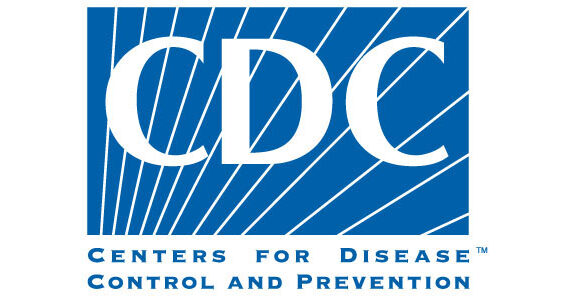



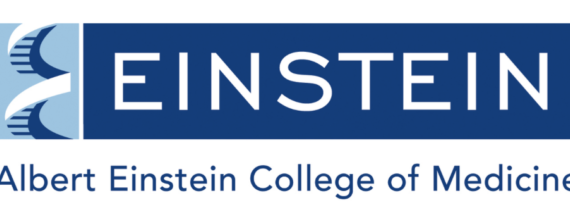


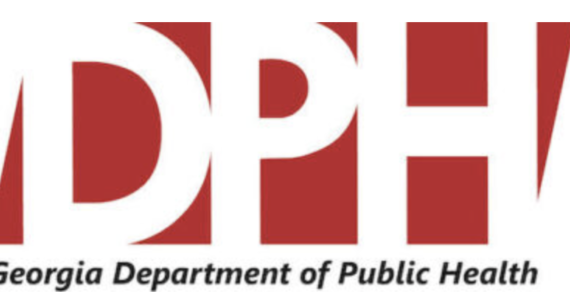
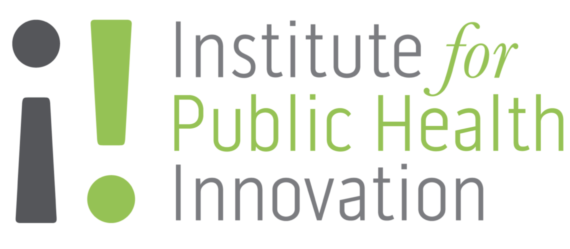
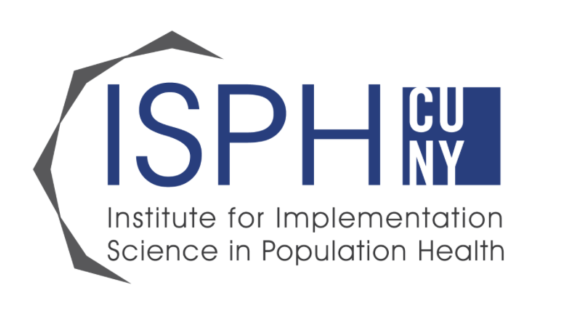
Recent Comments